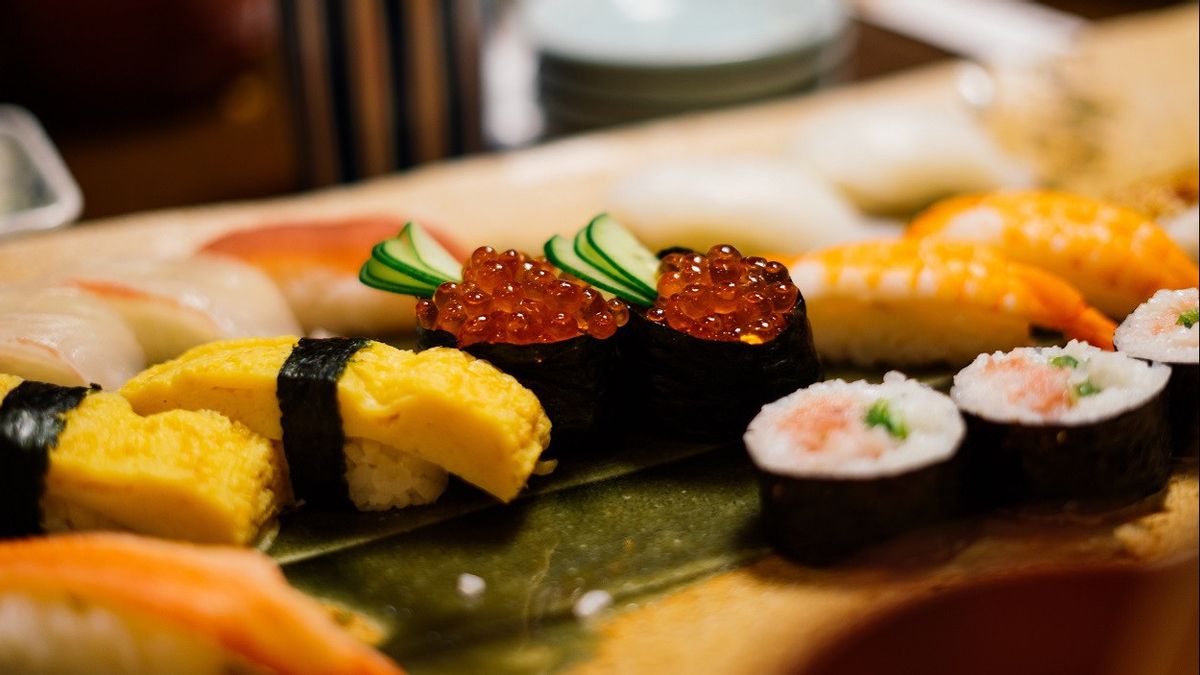Instead ofani to udon or processed fresh vegetables that are highly popular with Japanese residents, the title 'Food this Year' or 'Dish of The Year' was named for frozen food or frozen food, it is said to be influenced by changes in life in Japan.
'Food This Year' is an 'yearly event' provided by the Gurunavi Research Institute, an agency that runs a popular website that allows users to search for top restaurants across Japan.
This annual award award is intended to highlight the growing food trend in Japan.
The previous winners included "generational food" and "mass Chinese". But this year's winner highlighted how much the impact the COVID-19 pandemic had on the life changes of Japanese people and their eating habits.
The institute said the pandemic had caused more restaurants to freeze their dishes, especially to take home. The rapid freezing method allowed the chef to maintain the integrity of the dish, some even trying to freeze off.
The average amount of money spent on frozen food per family rose 20 percent from 2019 to 2021, according to data from Japan's Ministry of Home Affairs.
Aeon, one of the country's largest food store chains, opened a special food store called @Frozen in August. It sells more than 1,500 frozen food options in a 420 square meter space in Chiba Prefecture.
Meanwhile Lawson, a large convenience store chain, is expanding the frozen food section in their 5,000 retail stores. The desserts and even shahimi are among the frozen goods sold, according to Japanese public broadcaster NHK.
It is known, traditionally Japanese families usually buy fresh vegetables among other ingredients from grocery stores every day. Mothers and wives will make bento boxes for their husbands and children in the morning.
But the pandemic and changes in gender roles have changed this way of life.
"Recently, more and more Japanese women have been working outside the home," said Yoshiko Miura, a consumer consultant to Japan's Beku Food Association.
"They also tend to prepare food for their families... (but) their time is very limited," continued Miura in an interview with NHK.
"Also, Japan's population is aging, and a large number of people live alone. Cooking ingredients and preparing them takes time and effort. frozen food helps overcome the problem," he concluded.
The English, Chinese, Japanese, Arabic, and French versions are automatically generated by the AI. So there may still be inaccuracies in translating, please always see Indonesian as our main language. (system supported by DigitalSiber.id)













